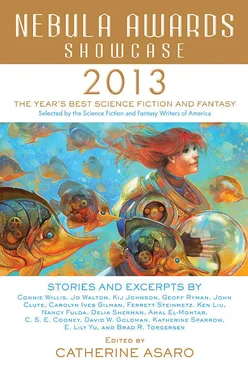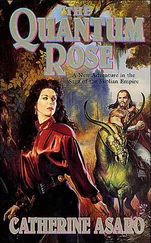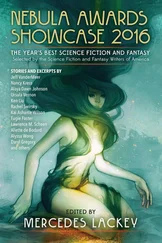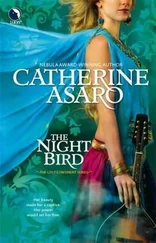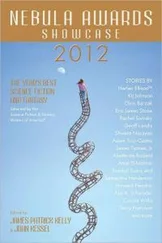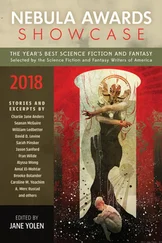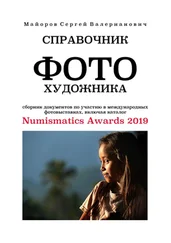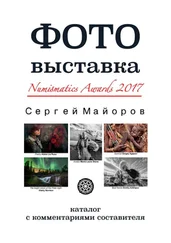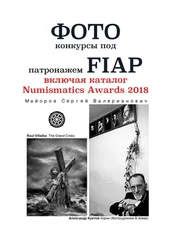So then I realised guiltily how my very presence in his car was actually a huge reproach. For one thing, there is only one of me, when he abandoned twins. For another, I am crippled. Thirdly, I am there at all; I ran away. I had to ask for his help—and worse, I had to use the social services to ask for his help. Clearly the arrangements he made for us were far from adequate. In fact, my existence there at that moment demonstrated to him that he is a rotten parent. And, truth be told, he is. My mother notwithstanding, running out on babies isn’t an acceptable thing to do—and in fact, as an abstraction, abandoning babies with her is particularly and unusually irresponsible. But I have run away from her too.
“I wouldn’t have grown up any other way,” I said. My grandparents. The Valleys. Home. “Truly. There was so much about it to love. I couldn’t have had a better childhood.”
“I’ll take you to meet my father soon, perhaps at half term,” he said. He was signalling to turn, and we turned between two elms, both dying, and onto a gravel drive that crunched under the car wheels. It was Arlinghurst. We had arrived.
The first thing that happened in school was the fight about chemistry. It’s a big gracious house in its own grounds, looking stately and Victorian. But the place smells like a school, chalk, boiled cabbage, disinfectant, sweat. The headmistress was well-mannered and distant. She didn’t give my father permission to smoke, which wrong footed him. Her chairs are too low, I had trouble getting out of mine. But none of that would matter if it wasn’t for the timetable she handed me. First, there are three hours of games every day. Second, art and religious education are compulsory. Third, I can have either chemistry or French, and either Latin or biology. The other choices were very simple, like physics or economics, and history or music.
Robert Heinlein says, in Have Space Suit, Will Travel that the only things worth studying are history, languages, and science. Actually, he adds maths, but honestly they left out the mathematical part of my brain. Mor got all the maths. Having said that, it was the same for both of us, we either understood it instantly or you might as well have used a drill to get it into our heads. “How can you understand Boolean algebra when you still have problems with the concept of long division?” my maths teacher had asked in despair. But Venn diagrams are easy, while long division remains challenging. Hardest of all were those problems about people doing incomprehensible things with no motivation. I was inclined to drift away from the sum to wonder why people would care what time two trains passed each other (spies) be so picky about seating arrangements (recently divorced people) or, which to this day remains incomprehensible, run the bath with no plug in.
History, languages and science pose me no such problems. When you need to use maths in science, it always makes sense, and besides, they let you use a calculator.
“I need to do both Latin and biology, and both French and chemistry,” I said, looking up from the timetable. “But I don’t need to do art or religious education, so it’ll be easy to rearrange.”
The headmistress went through the roof at this, because clearly timetables are sacred, or something. I didn’t listen all that much. “There are over five hundred girls in this school, do you propose I inconvenience them all to accommodate you?”
My father, who has no doubt also read Heinlein, backed me up. I’ll take Heinlein over a headmistress any day. Eventually we ended up with a compromise in which I’ll surrender biology if I get to take all three of the others, which can be arranged with a little shuffling between classes. I’ll take chemistry with a different class, but I don’t care about that. It felt like enough of a victory for now, and I consented to be shown my dorm and meet my house-mistress and “new friends.”
My father kissed my cheek when he said goodbye. I watched him out of the front door and saw him lighting a cigarette the second he was in the open air.
Friday, September 7 TH, 1979
It turns out to be a joke about the countryside.
Well, it is true in a way. Arlinghurst stands alone in its playing fields, surrounded by farmland. There isn’t an inch of land within twenty miles that someone isn’t using. There are cows, stupid ugly things, black and white like toy cows, not brown like the real cows we’d seen on holiday. (How now, brown cow? Nobody could talk to these.) They mill about in the fields until it is time for milking then they walk in a line into the farmyard. I figured it out this afternoon, when they let me take a walk around the grounds, that these cows are stupid. Bovine. I knew the word, but I hadn’t quite appreciated how literal it could be.
I come from the Welsh Valleys. There’s a reason they’re called “The Valleys.” They’re steep narrow glaciated valleys without much flat land at the bottom. There are valleys just like them all over Wales. Most of them have a church and a few farms, maybe a thousand people in the whole valley. That’s what they can naturally support. Our valley, the Cynon Valley, like its neighbours, has a population of more than a hundred thousand, all living in Victorian terraced houses, terraced up the hillsides like grapes, stuck together in rows with barely room between to hang out washing. The houses and the people are jammed together, like in a city, worse than a city, except that it isn’t a city. But away from those rows, it was wild. And even in them, you could always lift up your eyes.
You could lift up your eyes to the hills from whence cometh your help—a psalm that always seemed self evident to me. The hills were beautiful, were green and had trees and sheep, and they were always there. They were wild, in the sense that anyone could go there at any time. They didn’t belong to anyone, unlike the flat farmed fenced-in countryside around the school. The hills were common land. And even down in the valleys there were rivers and woods and ruins, as the ironworks ceased to be used, as the industrial places were abandoned. The ruins sprouted plants, returned to the wild, then the fairies moved in. What we thought would happen with the Phurnacite really did happen. It just took a little longer than we’d imagined.
We spent our childhood playing in the ruins, sometimes alone and sometimes with other children or with the fairies. We didn’t realise what the ruins were, not for a long time. There was an old ironworks near Auntie Florrie’s house where we used to play all the time. There were other children there, and we’d play with them sometimes, wonderful games of hide and seek, chasing through. I didn’t know what an ironworks was. If pressed, I’d have worked out the etymology that someone must have once worked iron there, but nobody ever pressed me. It was a place, a thing. It was all over rosebay willow-herb in the autumn. It was unusual that we knew what it was.
Most of the ruins where we played, in the woods, didn’t have names and could have been anything. We called them witch’s cottage, giant’s castle, fairy palace, and we played that they were Hitler’s last redoubt or the walls of Angband, but they were really old crumbling relics of industry. The fairies hadn’t built them. They’d moved in with the green things after people had abandoned them. The fairies couldn’t make anything, not anything real. They couldn’t do anything. That’s why they needed us. We didn’t know that. There were a lot of things we didn’t know, that we didn’t think to ask. Before the people came I suppose the fairies would have lived in the trees and not had houses. The farmers would have put out milk for them, perhaps. There wouldn’t have been so many of them either.
Читать дальше
